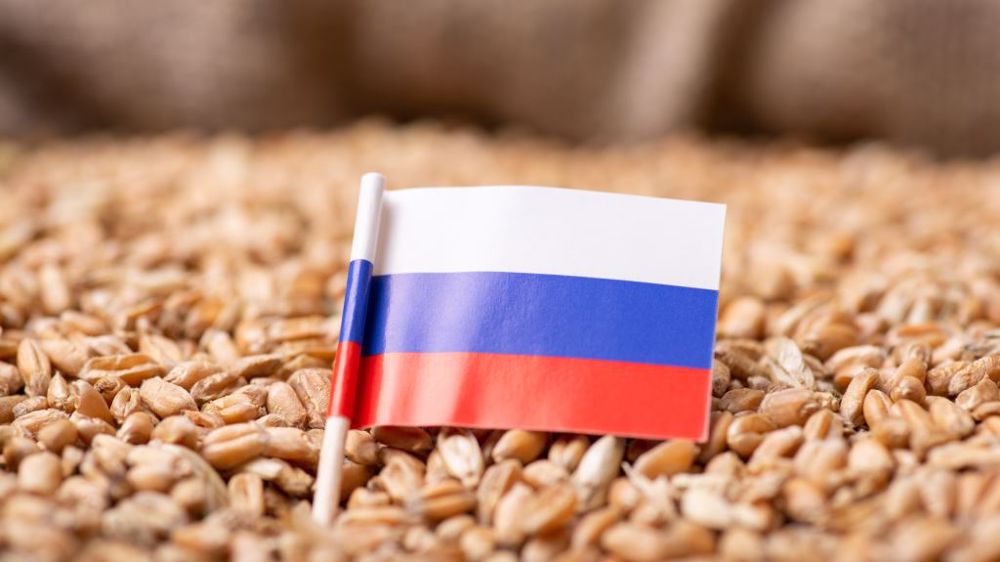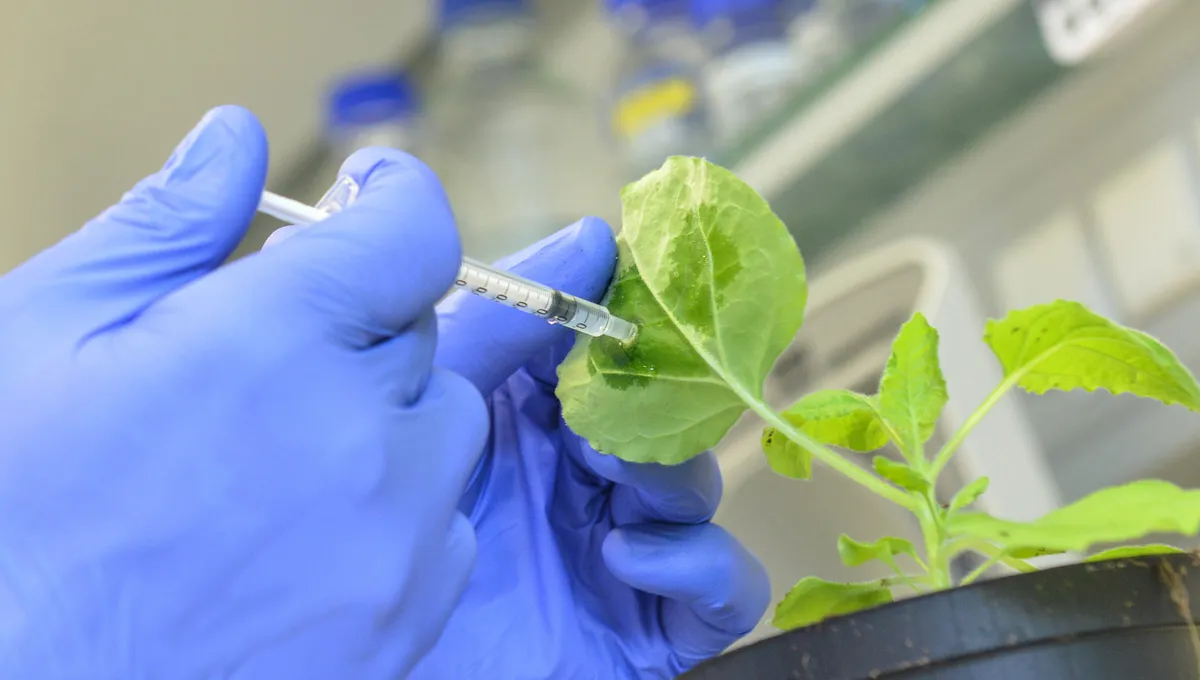By 2030 in Africa, the demand for food is projected to increase by 50%, while 70% of Africa’s arable land is affected by frequent drought. Hence the importance of opting for crops that are resistant to extreme weather conditions. Indeed, this could increase agricultural yields by 20 to 30% in areas at risk by reducing losses. In addition, more than 5 million farmers in East Africa are already using drought-tolerant varieties. Ethiopia and Kenya, two of the countries most affected by these extreme conditions in 2024, have launched national programmes with the aim of disseminating drought-tolerant seeds to millions of farmers. The success of these initiatives could also extend to other countries such as Nigeria and Burkina Faso, which suffer from similar problems.
In 2024, in the face of worsening droughts in East Africa, the adoption of crops resistant to this climatic phenomenon now represents a major challenge, the continent’s food security. Recent agricultural initiatives, supported by international bodies such as the FAO and the African Union, are now focusing on the promotion of crop varieties that are resistant to climatic hazards. An example of this is genetically improved sorghum, millet and maize, which are at the heart of these efforts. GMOs can indeed make a positive contribution in this direction, but care must be taken to limit the harmful consequences of their use on the quality of foodstuffs, as well as on human health.
In order to develop the production of drought-tolerant wheat in these regions and end the dependence of these countries on imports, the West and Central Africa Wheat Collaborative Network (WECAWheat) organized its first summit in Abuja, Nigeria, in November 2023. Present at these seminars, the International Maize and Wheat Improvement Center (CIMMYT) recently launched new drought-tolerant hybrid maize species, which have been tested in several East African countries. Countries such as Ethiopia, Kenya and Zambia have seen an increase in maize yields of up to 30% in low rainfall conditions thanks to the use of these varieties.




